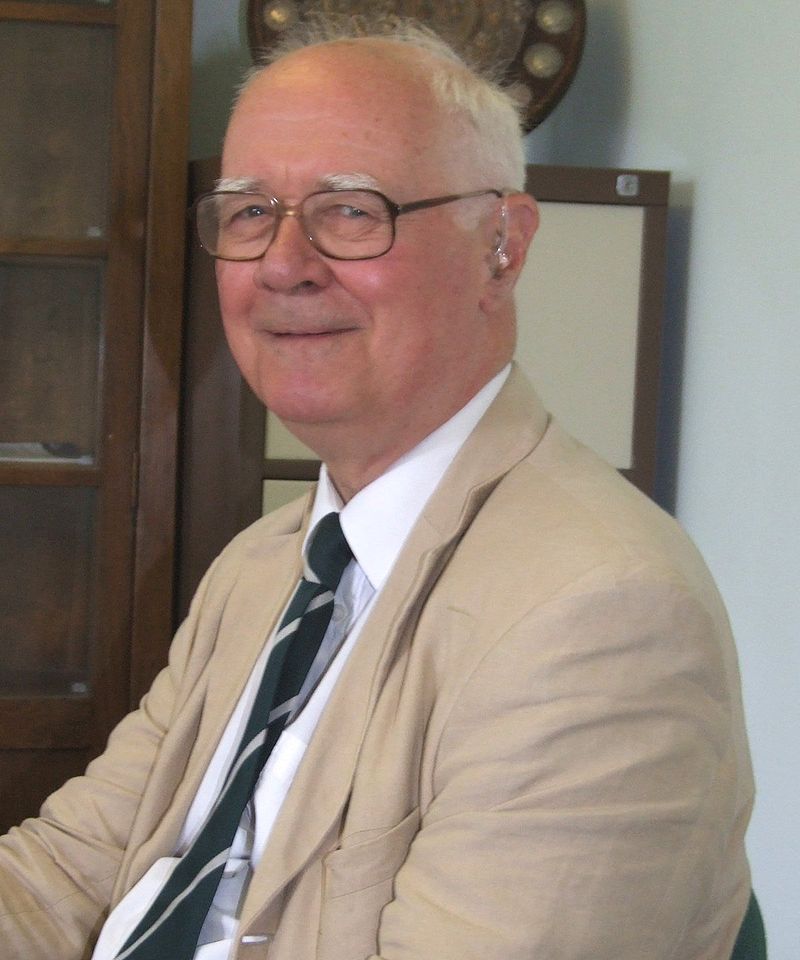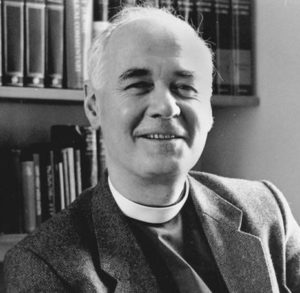Reference




OpenAI's Answer
John Polkinghorne, a renowned physicist and theologian, has provided insightful perspectives that bridge science and faith, particularly on the topic of evolution and the role of chance. Polkinghorne believes that chance is a necessary component in the process of evolution for several reasons:
-
Historical Contingency: Polkinghorne describes chance as "historical contingency," meaning that certain events happen rather than others simply due to the randomness inherent in evolutionary processes. This randomness is crucial for the diversity and adaptability of life. He sees chance as a way for creation to bring about varied and complex forms of life (source).
-
Openness of the Universe: According to Polkinghorne, the universe is characterized by a certain openness that allows for "making itself." This means that the universe is not predetermined but can evolve freely within the bounds of natural laws. Consequently, chance events play a significant role in the developmental pathways of life (source).
-
Compatibility with Divine Providence: Polkinghorne argues that chance does not negate divine providence. Instead, he believes that God's creative action works alongside the processes of chance and necessity in the natural world. This view allows for a theistic understanding of evolution where divine purpose and natural processes are not seen as contradictory (source).
These perspectives align with Polkinghorne's broader theological understanding that both science and religion seek to uncover truths about the universe, highlighting a complementary relationship between chance and divine purpose in the evolutionary process.

Follow Up
Related
Why did Joe Pete Wilson believe the U.S. should join forces with Canada for a Winter Olympics bid?
Did Heraclitus believe in an afterlife, and what were his views?
Who is Chen Zhen believed to be based on in real life?
What did ancient sailors believe about the Dioscuri's appearance as St. Elmo's fire?